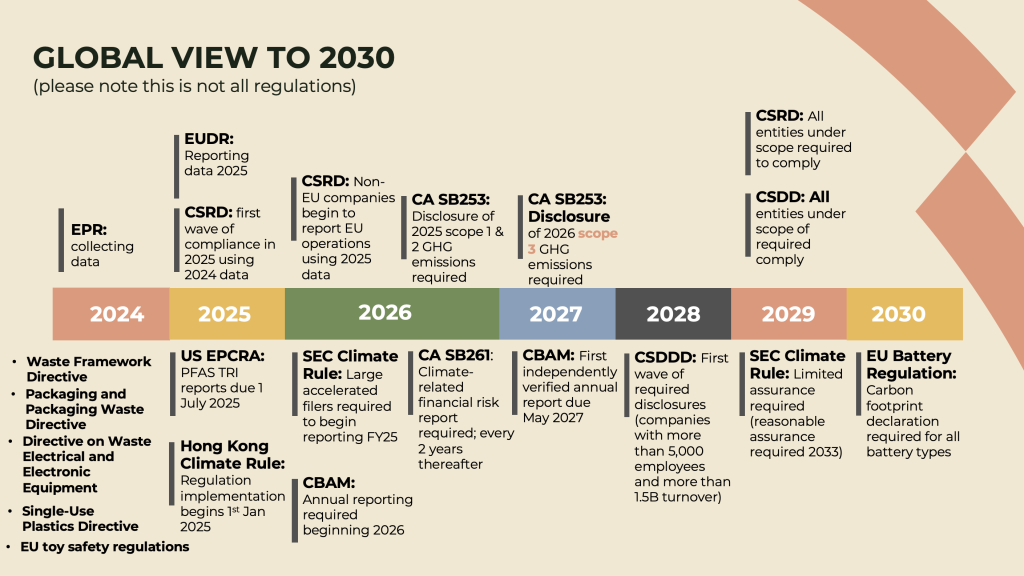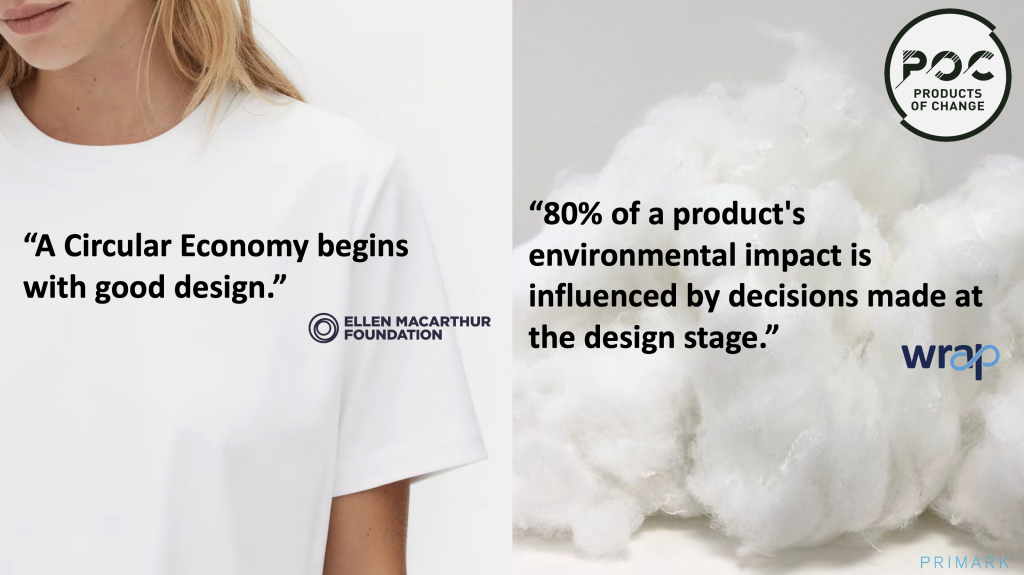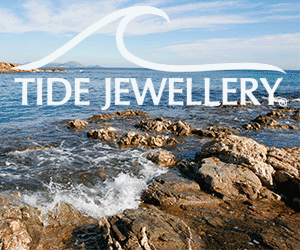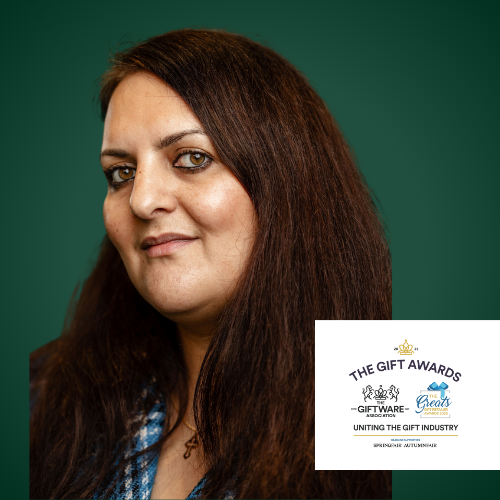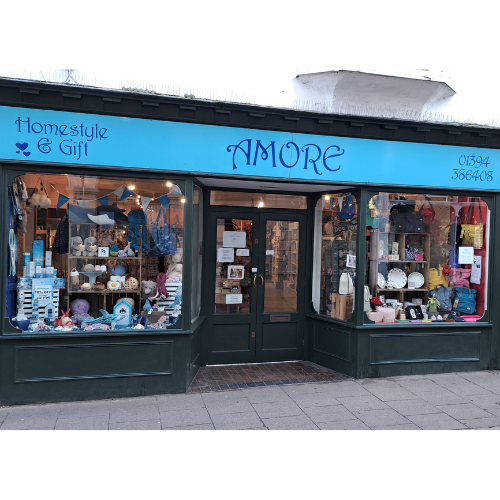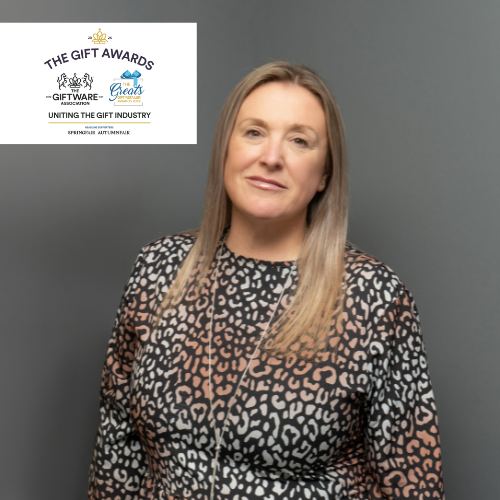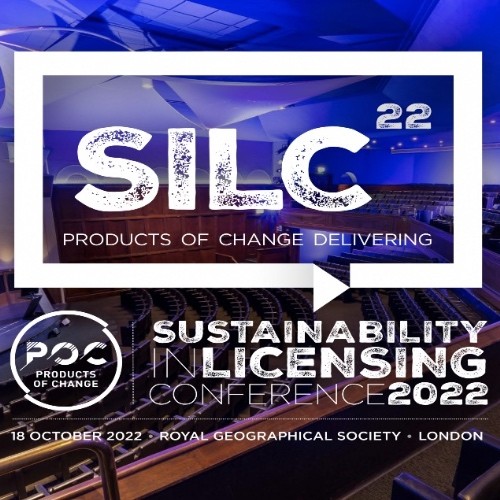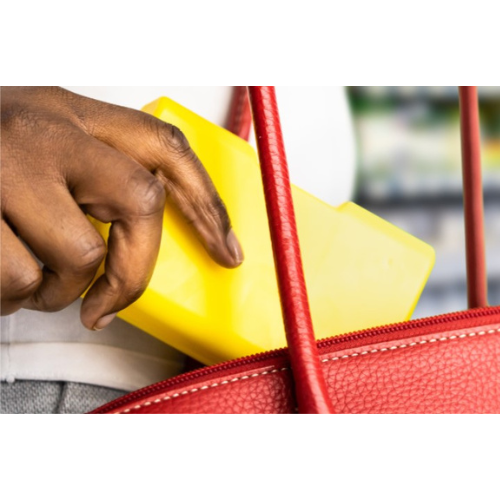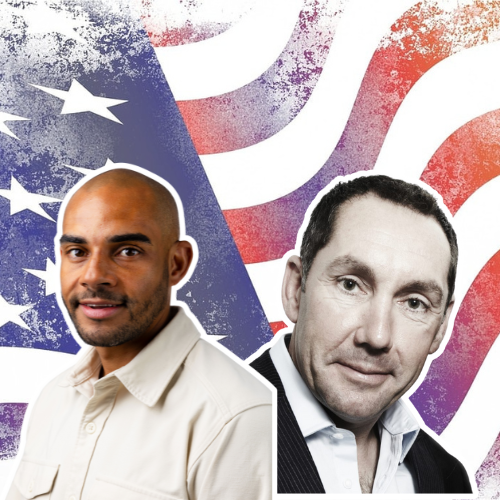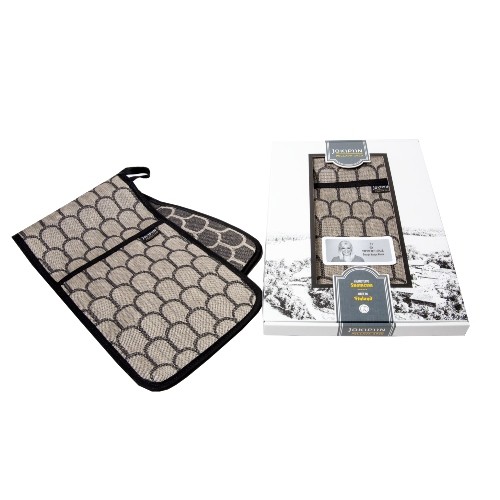Helena Mansell-Stopher, ceo of Products of Change, was among the keynote speakers on the Masterclass stage at Spring Fair last week, with businesses gaining insights into emerging legislation and trends that are driving change.
Helena offered practical solutions for companies to accelerate their sustainability journey, also exploring why sustainability is so important to business and the consumer, and how companies can enact sustainable change now, to safeguard themselves for the future.
“There is a lot of change coming in the world of sustainability,” stated Helena, “especially over the next decade, and a lot of it is going to be dependent on us changing our mindset. Sustainability isn’t just about innovation, or trying to do something good for the planet. Sustainability needs to be rooted into our everyday. We need to change the way we do things.”
She continued: “Digital technology, for example, is changing rapidly, and we’ve already seen it over the last 20 or 30 years. It’s only going to continue this way.
Highlighting computing platform ChatGPT, she explained that she had asked it to generate a picture of the future, adding in a list of what she knows is happening in the world. It created a picture that had nods to antibiotic resistance, our mobile phone usage, healthcare revolving around trends, and risk in people’s DNA, remote schooling and working, driverless cars and drones.
“This is a bit dystopian and doom and gloom, but we can take that and look back at what it means for us today,” she continued. “We can look at what our future businesses could look like, and how a lot of this is changing. Digital currencies and Bitcoin for instance, are something that will only continue to grow in the future, because the majority of the money we spend is digital. Last year was actually the first time that the UK Treasury did not order any new coins,” explained Helena.
She said that this trend reflects a broader decrease in cash transactions: 39% of UK adults now live largely cashless lives, with research by UK Finance revealing a 7% drop in cash payments in 2023, with only 12% of payments made using cash, down from 14% in 2022. “The Royal Mint is now recovering and repurposing precious metals from electronics and circuit boards. So we’re going to start to see businesses change how they operate because they’re looking at that future.”
Looking ahead, she said: “We have witnessed climate change first hand—not just as a concept from a sci-fi movie, but as a reality unfolding in our lifetime. As we share this world with the next generation, we must look ahead, envision how we will live and create products and services that shape a sustainable future. Take the UK climate, which is seeing, and will continue to increasingly see, more frequent flooding, hotter summers, and shorter winters. Even the government is changing the rules on how new houses are going to be built, to ensure that new homes built from 2025 will produce 75-80% less carbon emissions than homes built under the current building regulations” says the Future Homes Standard.
Dunelm is designing sofas that can easily be disassembled and moved upstairs if there is a flooding risks. They’re looking at the appliances, and the type of products that they sell in the store, to make sure that this feature is a feature that they can actually provide products for.”
Revaluating the value of waste, she added that what we’re doing cannot happen anymore. In Europe, approximately five tons of waste per year per person is produced, and that’s equivalent to a fully furnished small house. We’re also buying 60% more, and keeping it for half as long as we did in 2020. And even the products that we produce, 80% of toys end up in landfill, incinerators or the ocean. There’s nowhere for them to go at the end of their life,” she explained.
As for plastics, Helena pointed out that only 14% is collected for recycling, and only 2% of that is actually recycled. Similarly, in 2019, globally, we generated 53.6 million metric tonnes of e-waste, while only 17.4% was officially documented as collected and recycled.
“But there is a huge amount of value to be had in all of this, we just need to build a system for it,” Helena emphasised. The International Plan of Climate Change (IPCC) publishes a report every two years to showcase their data, and the most recent one showed that the systems we have in place today aren’t slowing global warming down. So we’ve got a lot to do in the next five to ten years.
“By 2050, we could have a world that has warmed by 3°C, twice as warm as it is today. “A world that is above 3°C is a world that is not insurable. How do you insure businesses and homes if you can’t predict what’s going to happen? That becomes the world where everything is a little bit bonkers, and we don’t want to get to that.”
Legislating businesses forward, she said that regulations on environmental, social & governance (ESG) and environmental, health & safety (EHS) issues are rapidly expanding across regions and sectors to achieve greater transparency and accountability for companies all over the world. “In Europe we’re leading,” she confirmed, “while the US is backpedalling, which is a worry, considering now that a quarter of products are produced in the American market.
“The European Green Deal is trying to push the circular economy action plan it is implementing, so that when we produce products, we think about the end-of-life of that product and ensure there is a system for that product to go into so we can start to get the value back. There are also regulations in America. It is not federally, it’s by state. California has the strictest regulations and Asia Pacific has a lot of regulation that are coming.”
Continued Helena: “What I really want to highlight is that next year, in 2026, most of the regulation that’s coming down the pipe is hitting big companies already.It hits the SME market and everybody else from 2026 onwards.
There is also something called the EU tax signing, which means that if you are benefitting and profiting from the sale of a good or service, you are responsible for the environmental impact of it. And if you are a brand owner, there is something called CRSD, which is the corporate social reporting directive, and CSDDD which is the due diligence directive. These cover both your impact as a business, and how you impact others, which links into double materiality. Companies are really starting to have to dig into this.
“If you’re a product producer, a couple of years ago you would have had to start paying the plastic tax if you’ve got plastic packaging and don’t use 30% recycled plastic in that packaging. Now it’s no longer just about plastic packaging,” highlighted Helena, “it’s about all packaging and the level of how easy that packaging can be recycled or reused or has an end-of-life solution. This is extended producer responsibility (EPR), so that the producer of the products is responsible for making sure that there’s a stream for that packaging to go into. It is already happening and affecting packaging first.”
She urged attendees: “if you’re not already collecting this data start, even if it is a really basic. Excel spreadsheet, record the weight of plastic that you’re buying, the type of plastic, because at some point someone is going to ask you for it, whether for your retail, PR, or supply chain, so just start collecting your data somewhere, even if it is a really simple system.
“With the EU Deforestation Regulation coming around, if you produce paper products, you can no longer just say you are FSC or comply by existing regulations, you are going to have to showcase you know exactly where that paper has come from – the wood the paper is made from, the mix of woods. If you can’t showcase that, you actually won’t be able to distribute your products in the EU. It was meant to start in December last year but was pushed back 12 months. For this, FSC has developed a new technology called FSC Blockchain, so if you use FSC you can use the Blockchain to get the information and pass that on.”
She added that there is also new regulation called the Eco-design for sustainable products regulation (ESPR), which ensures the companies are designing products for durability and usability, repairability and upgradability, with recycled content than can be recycled, resource efficiency, end-of-life management and a reduced environmental impact. And, by 2030, all of this is going to culminate in every single product that is distributed into Europe or outside of Europe, having something called a digital product passport (DPP). So unless you put all the data for your product into a DPP then you will not be able to trade in the European Union. We’ve got five years to make sure that we’re collecting our data that’s in the library, so start working on this. This kicks into the fashion industry sooner, in 2027, and in the first quarter of 2025 we are due to have the final elements of the legislation publicly published, as there is a lot of grey area at the moment.”
However, she stressed that it’s not all bad news. “We can start to reduce the impact that we have in the environment, so we can continue to try and live the way that we can live in society. Even on an individual level, we can switch the energy in our homes to renewable, use electric cars, wash our clothes in cooler water, reduce how much we fly, reduce the amount of meat and dairy products we consume, all can have a big impact. And even the brands and the products that we are working with can help drive and push change within society as well. Most of us are product producers here, it is the raw materials and goods that you make, the materials that you choose, that is the highest impact.”
Highlighting that a lot of the impact of the product is from its packaging, she added that much of it is immediately thrown away. “So when we start thinking about the impact of what we’re producing, again, there’s some quite simple things that we can be doing, even in a single business, that add up to have a really positive impact, rather than adding to the issue. Dayrize does lifecycle assessments of products without companies having to handle the data. There’s a lot that we can be doing that we don’t have to wait for somebody else to approve to do,” said Helena.
As for planning for a circular future, she said that there are a lot of examples of retailers pushing for this. “Circularity is designing and creating our clothes, and all products, with the future in mind, so that they can be worn time and time again, given a new life, taking new materials, dissembling them and releasing them for something else.
This takes us from the linear take, break, waste economy, to recycling, which is an energy intensive process that still needs to change massively, but if we can keep the products in circulation, that’s where we need to get to. And there’s value in that. We’ve seen companies that are making money out of the circular economy,” said Helena.
“It begins with good design, because 80% of a product’s impact is determined at design stage. We are working with companies that are saving money by doing this, and they’re saying, ‘Why is nobody else doing this?’ Because it feels too hard, but if you get started, you realise you just need to get started,” she underlined. “POC is launching a Packaging Guide for its members, with Rethink/Redesign and Reduce at the top of the hierarchy, illustrating that the most critical time to influence the sustainability of packaging is in the conceptual design phase.”
Closing her talk, Helena explained that POC is a membership organisation to help companies on their journey to reduce their environmental impact, with a conference in November. It is also an advisory service, with technical experts in packaging, carbon and transparency. Members also benefit from education modules on the site, and the Community Hub, a place where members can talk to others in the same sector.
The organisation also publishes a twice-yearly magazine, and a Future Forecast Report which can be downloaded from the website for free.
To find out more, visit www.productsofchange.com.
Top: Helena Mansell-Stopher, ceo of Products of Change, was among the keynote speakers on the Masterclass stage at Spring Fair last week,







